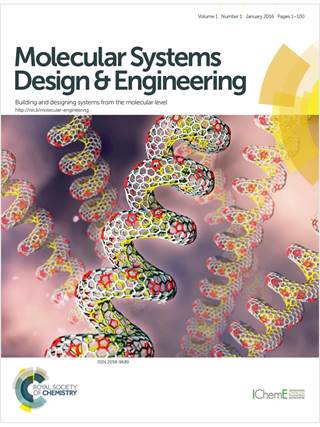
SCHEDULE
Detailed program (new!)
The final program of the Conference is now online;
Schedule overview
Schedule overview
- 8 AM
- 9 AM
- 9:35 AM
- 10:15 AM
- 10:45 AM
- 11:20 AM
- 12 PM
- 1:30 PM
- 3:30 PM
- 4 PM
- 7 PM
Wednesday, Nov 9
- Registration
- Prof. Joan Ramon Morante:
Opening speech + Plenary talk - Prof. Alberto Vomiero:
Composite wide bandgap semiconducting oxides for high-efficiency excitonic solar - Break
- Prof. Jordi Arbiol:
A close look to the atoms: a journey to the nanoworld through advanced electron microscopy - Prof. Samuel Sanchez:
Catalytic Nano-and Micro-bots: What for? - Lunch
- Posters session
& Sponsors exhibition - Break
- Oral sessions
& Workshops - Afterwork
Thursday, Nov 10
- Registration
- Prof. Clément Sanchez:
New routes to exotic nanomaterials - Prof. Peeters Francois:
Atomic collapse in graphene - Break
- Prof. Paolo Samori:
Complex dynamic multicomponent supramolecular nanomaterials: tailoring low dimensional multifunctional nanostructures - Prof. Andreu Cabot:
Bottom up assembly of nanocomposites for thermoelectric applications - Lunch
- Posters session
& Sponsors exhibition - Break
- Oral sessions
& Workshops - Afterwork
Friday, Nov 11
- Registration
- Prof. Isabel Pastoriza-Santos:
Plasmonic nanostructures for catalysis and sensing - Prof. Chun-Sing LEE:
Growth of nanowires with periodic morphologies via the vapor-liquid-solid mechanism - Break
- Prof. Liberato Manna:
Chemical, Structural and Surface Transformations in Nanocrystals - Prof. Arben Merkoçi:
Nanobiosensors for diagnostics - Lunch
- Posters session
& Sponsors exhibition - Break
- Oral sessions
& Workshops - -
The Plenary speeches will be held in the auditorium, all other activities are suspended during those sessions in order to enable all participants to attend. There will be several oral sessions and workshops in parallel during the afternoon on different topics. Those sessions will be held in smaller rooms and the participants can select the ones they want to attend depending on their topics of interest.
The detailed schedule will be published few days after the registration deadline.
CONFERENCE AWARDS
The Royal Society of Chemistry is pleased to offer 3 prizes to:
- The outstanding ANNIC 2016 abstract: This prize has been awarded to Prof. Won-Gun Koh from Yonsei University for the abstract “Hydrogel Micropattern Incorporating Nanostructures for Fluorescence-based Biosensing”
- The best ANNIC 2016 student abstract: This prize has been awarded to Mr. Armandas Balcytis from the Swinburne University of Technology for the abstract “Mode control in SOI microring resonators through sub-wavelength modifications“
- The best ANNIC 2016 poster presentation: This prize has been awarded to Dr. Sergey Dubkov from the National Research University of Electronic Technology for the abstract “CVD-growth of MWCNT arrays on Me-Ct-N-(O) thin films“
Each Award includes:
A certificate
A free online subscription to the Molecular Systems Design & Engineering journal.
Molecular Systems Design & Engineering provides a hub for cutting-edge research into how understanding of molecular properties, behaviour and interactions can be used to design and assemble better materials, systems, and processes to achieve specific functions. These may have applications of technological significance and help address global challenges.
Crossing the boundary between chemistry and chemical engineering, this unique new journal is a joint venture between the Royal Society of Chemistry and the Institution of Chemical Engineers (IChemE).
All papers should demonstrate a molecular design or optimisation strategy targeting specific systems functionality and performance. Please see the journal web page for more information.

